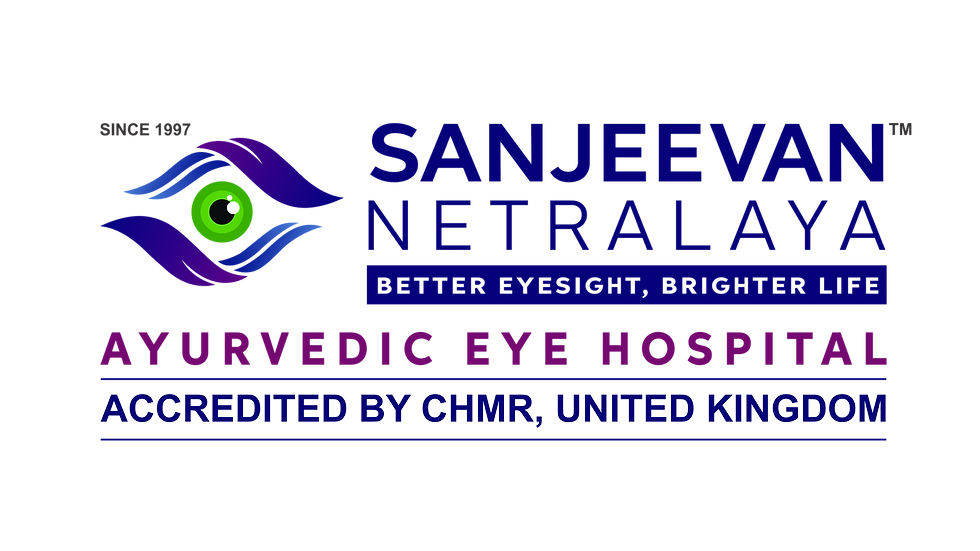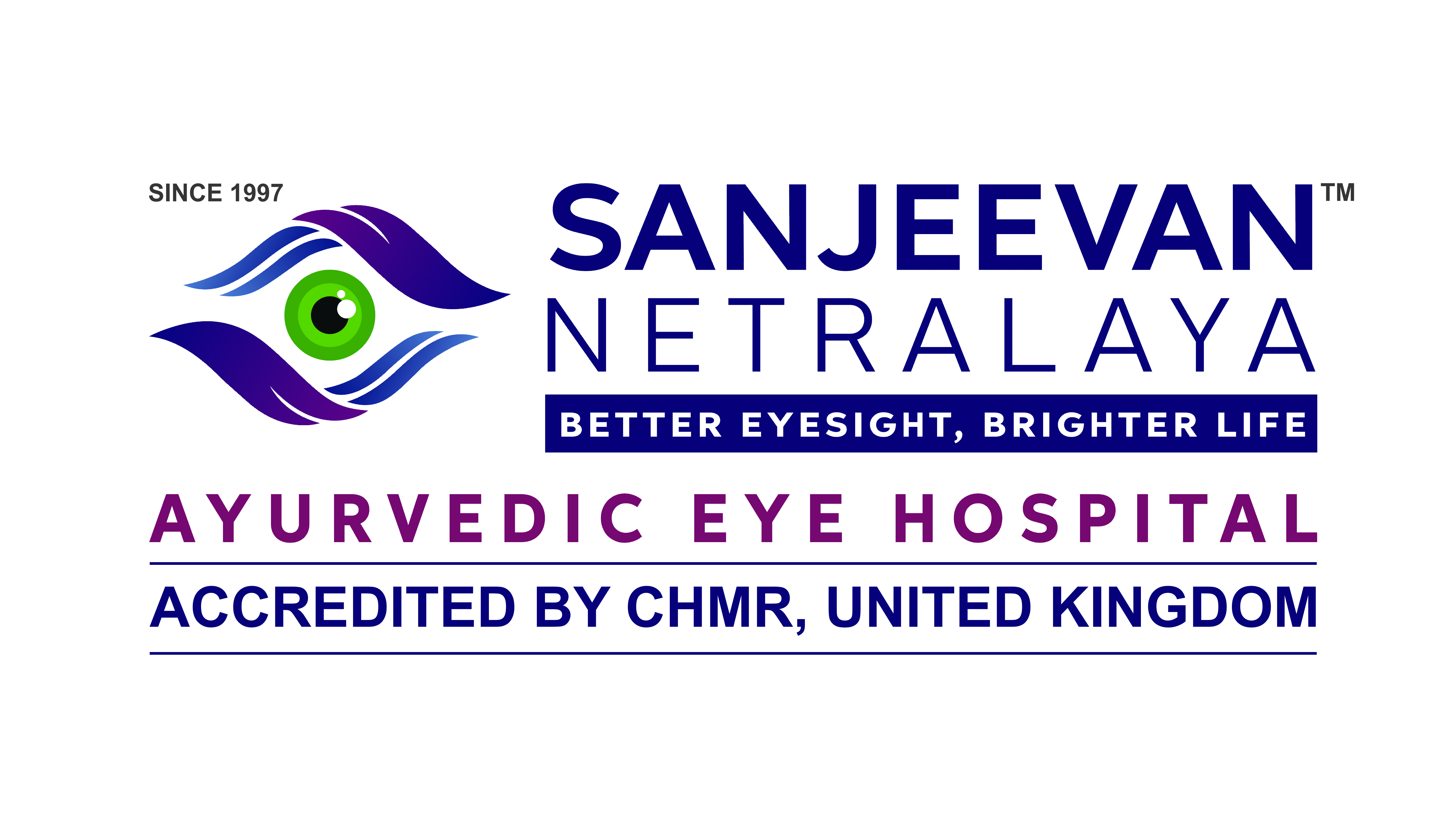- Hiren Suryawanshi
- Aug 14, 2024
- 2 min read
Updated: Sep 26, 2024

Diabetic Retinopathy (DR) is a potentially devastating complication associated with diabetes that can severely limit vision. Understanding the available treatment options, symptoms and underlying causes is critical to effectively manage DR; here we'll cover its treatment, symptoms and causes in detail.
Diabetic Retinopathy is an eye condition caused by elevated blood sugar levels that damage blood vessels within the retina. Over time, these damaged blood vessels may leak or block completely resulting in impaired vision or blindness if left untreated.
Recognizing Symptoms:
Early identification of Diabetic Retinopathy Symptoms and diagnosis are key elements in successfully treating diabetic retinopathy. It is also important to keep in mind the Diabetic Retinopathy Causes.
Some of the Diabetic Retinopathy Symptoms may include:
• Blurred or distorted vision
• Difficulty seeing in low lighting conditions
• Dark spots or floaters in the visual field
• Gradual vision loss
If you are feeling any of the above Diabetic Retinopathy symptoms, please visit your doctor immediately.
Understanding the Diabetic Retinopathy Causes:
Diabetes is the main source of diabetic retinopathy, specifically poorly managed blood sugar levels. Diabetic Retinopathy causes are directly proportionate to excessively high blood sugar that damages retinal blood vessels over time and leads to diabetic retinopathy's progression. Other contributing factors can also contribute to its development such as high blood pressure, cholesterol levels and genetics are known Diabetic Retinopathy causes. Understanding Diabetic Retinopathy causes could be key when it comes to Diabetic Retinopathy Treatment.
Diabetic Retinopathy Treatment Options:
Diabetic Retinopathy Treatment begins with keeping blood sugar at healthy levels through diet, exercise, and medication in order to treat diabetic retinopathy effectively. By doing this, it may slow the progression of this condition.
Diabetic Retinopathy Treatment:
Regular Eye Exams: Regular eye exams are key for early diagnosis of diabetic retinopathy. Your eye care specialist can identify any changes to the retina and suggest appropriate treatments.
Control Blood Sugar: Maintaining stable blood sugar levels is at the core of prevention.
Regular Medical Checkups: Schedule regular medical examinations to effectively manage diabetes and detect any complications such as retinopathy in its early stages.
Blood Pressure and Cholesterol Management: Being proactive about maintaining normal blood pressure and cholesterol levels reduces the risk of retinal detachment progression.
Adopt a Healthy Lifestyle: Adopting a lifestyle consisting of a balanced diet, regular physical activity, and refraining from smoking can significantly lower the risk of diabetic retinopathy.
Sanjeevan Netralaya's Advanced Ayurvedic Eye Care has provided effective care to over 600,000 individuals with retinal concerns with no side effects. Make an appointment now at Sanjeevan Netralaya to begin providing tailored Diabetic Retinopathy Treatment.

